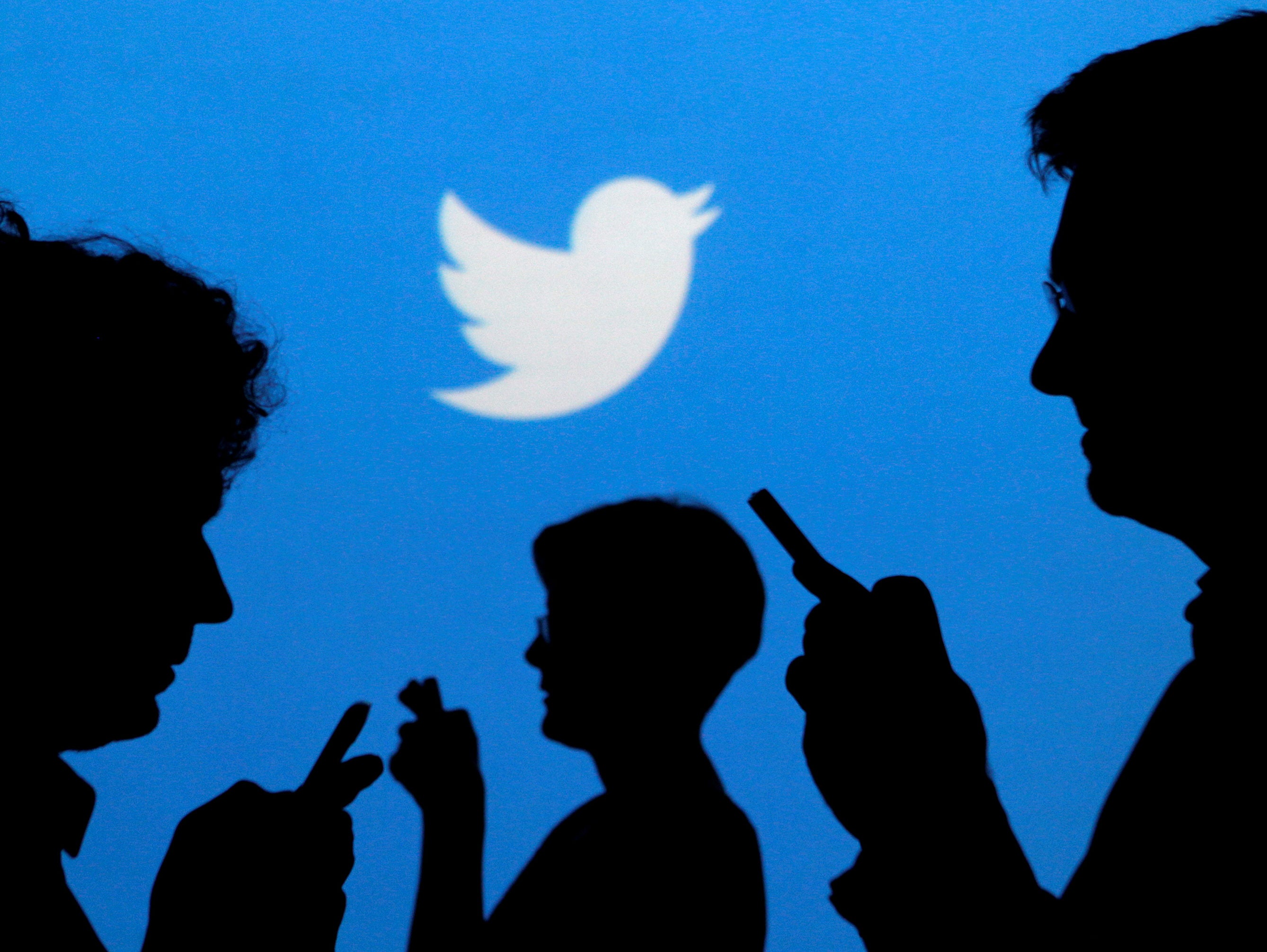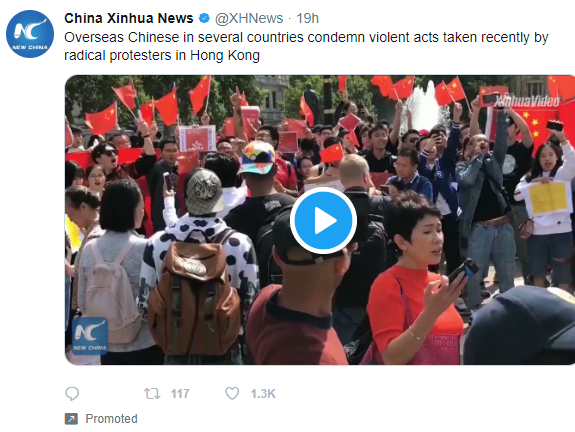
Twitter has banned advertising from state-controlled media outlets after discovering a “significant state-backed information operation” originating from inside China focusing on the ongoing protests in Hong Kong.
The social media platform said yesterday it has decided to stop allowing news media entities that are either financially or editorially controlled by any state worldwide from advertising on its platform.
It said in a blog post yesterday that this was being done to “protect healthy discourse and open conversation”.
“To that end, we believe that there is a difference between engaging in conversation with accounts you choose to follow and the content you see from advertisers in your Twitter experience which may be from accounts you’re not currently following,” it said.
“We have policies for both but we have higher standards for our advertisers.”
Affected outlets will still be able to use Twitter’s non-paid-for services but will only reach people who have chosen to follow them.
The company will decide which accounts come under the definition of state-controlled media according to the “control of editorial content, financial ownership, influence or interference over broadcasters, editors, and journalists, direct and indirect exertion of political pressure, and/or control over the production and distribution process”.
The social network also said it had used sources such as the Reporters Without Borders World Press Freedom Index, the Economist Intelligence Democracy Index and the European Journalism Centre’s Media Landscapes Report to guide its definitions.
The new policy will not apply to “taxpayer-funded entities including independent public broadcasters”. Twitter has confirmed the BBC falls under this exclusion.
The ban also does not apply to outlets that are solely dedicated to entertainment, sports and travel content. Where this content is mixed with news, the whole brand will be prohibited from advertising.
Russian state-funded media RT (formerly Russia Today) and Sputnik have been banned from advertising on Twitter since October 2017, after US intelligence found they had tried to interfere with the 2016 US presidential election on behalf of the Russian government.
Twitter is blocked in China, where the state controls access to the internet.
Twitter said it will contact affected outlets this week and give them 30 days to stop using its advertising products, after which it said it will “stringently enforce these policies”.
No new advertising campaigns from state media outlets will be allowed effective immediately.
The new policy was announced on the same day Buzzfeed News reported that Chinese state-run media outlets including Xinhua News Agency and English-language broadcaster CGTN have been buying Twitter and Facebook adverts to push the Communist Party’s narrative of the ongoing pro-democracy demonstrations in Hong Kong.

Twitter also said yesterday it had discovered 936 accounts that were “deliberately and specifically attempting to sow political discord in Hong Kong, including undermining the legitimacy and political positions of the protest movement on the ground”.
Twitter said it has gathered “reliable” evidence to support the idea this was a “coordinated state-backed operation”.
“Specifically, we identified large clusters of accounts behaving in a coordinated manner to amplify messages related to the Hong Kong protests,” it said.
Facebook also said yesterday it had removed seven pages, three groups and five accounts that had been “involved in coordinated inauthentic behaviour as part of a small network that originated in China and focused on Hong Kong”.
Facebook found the suspected inauthentic behaviour, believed to have links to individuals associated with the Chinese government, after Twitter shared a tip about a similar operation found on its own platform.
Email pged@pressgazette.co.uk to point out mistakes, provide story tips or send in a letter for publication on our "Letters Page" blog

